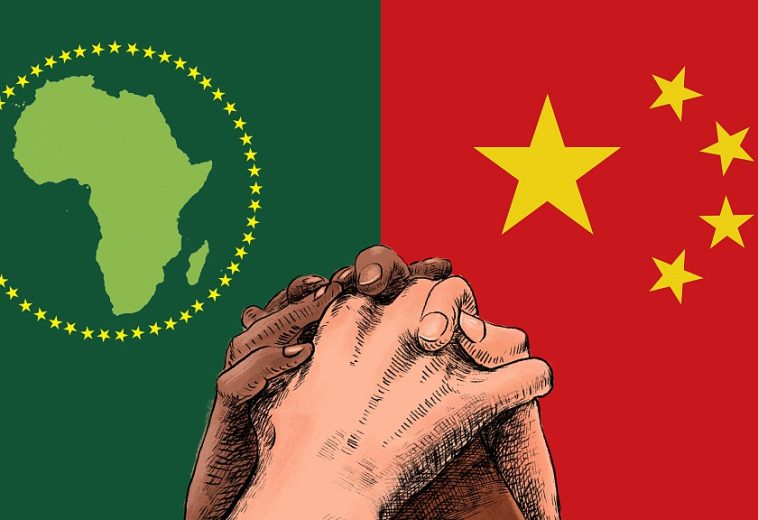As the world grapples with complex food, climate, and security crises, the heads of three United Nations agencies—the Food and Agriculture Organisation (FAO), the International Fund for Agricultural Development (IFAD), and the World Food Programme (WFP)—have urged immediate action and increased investment in South Sudan.
Their warning comes in reaction to the country’s worsening humanitarian crisis, in which millions of lives, livelihoods, and futures are at stake. This article explores the significant concerns confronting South Sudan and examines the vital need for investments to address the looming food crisis and achieve long-term food security, resilience, and climate adaptation.
FAO, IFAD, and WFP chiefs recently visited South Sudan to assess the situation firsthand. Severe weather conditions, along with a lack of infrastructure, are increasing the country’s humanitarian catastrophe. Communities are dealing with the consequences of these issues, which have resulted in threats to farms, agro-pastoral livelihoods, and large displacements.
According to the joint UN report on the State of Food Security and Nutrition in the World 2023, 122 million more people have been suffering from severe malnutrition since 2019. Over 190,000 people have fled across the border to South Sudan as a result of Sudan’s prolonged turmoil, putting enormous demand on precious resources.
These difficulties are exacerbated by the fact that 7 out of 10 individuals in South Sudan are between the ages of 18 and 35, with young unemployment rates above 50%, owing mostly to low education levels, insufficient skills, and a weak economy.
South Sudan Investments
However, South Sudan has the potential to be East Africa’s breadbasket, but various problems are impeding its advancement. Climate change, insufficient agricultural infrastructure, insecurity, and economic shocks all continue to impair agricultural and livestock output, resulting in food scarcity.
Only 4% of farmland is now cultivated, leaving plenty of room for growth and development in the agricultural industry. With rural areas housing 80 percent of the country’s young population, investing in agriculture will not only enhance food security but also generate major opportunities for rural employment.
Qu Dongyu, Director-General of FAO, emphasises the urgent need for investments and enabling policies to improve long-term food security, resilience, and climate adaptation. Alvaro Lario, President of IFAD, agrees, emphasising the importance of mobilising enormous investments and implementing best practises to address food insecurity and adapt to climate change. WFP Executive Director Cindy McCain emphasises the need to end the cycle of poverty by empowering communities and supporting economic growth, but she also emphasises that WFP currently lacks the resources needed to feed the hungry.
In recent years, collaboration among the three UN agencies, the Government of South Sudan, and other partners has been critical in preventing famine and raising food production and incomes for farmers. However, in order to properly respond to the current hunger crisis and prevent future ones, scaled-up and sustained action is required.
The agencies bring their expertise to bear on various areas of the situation. FAO specialises in food production in drought-stricken areas, whereas IFAD invests in small-scale farmers and rural economies. WFP provides humanitarian relief during crises while also working with communities to build their resilience to shocks and human capital.
During the visit, the chiefs of the UN agencies witnessed the impact of climate events, like floods and lengthy dry spells, on the community during their visit to Aweil, in Northern Bahr el Ghazal. Many locals are engaging in UN programmes aimed at boosting resilience and reducing the impact of climatic events while enhancing food production. In addition, the leaders met with President H.E. Salva Kiir Mayardit to address the need for sustained collaboration.
Consequently, a new five-year partnership agreement has been inked to strengthen inter-agency cooperation. This agreement intends to strengthen collaboration and coordination at the global, regional, and national levels in order to achieve SDG 2, – Zero Hunger. Under this agreement, the three Rome-based organisations will collaborate to improve agrifood systems, promote nutrition, ensure gender equality and women’s empowerment, create resilience, empower youth, and address climate change.
South Sudan’s condition calls for rapid action and increased investments to fight the catastrophic food crisis. The leaders of FAO, IFAD, and WFP have emphasised the importance of addressing the complex issues of climate change, insecurity, and food scarcity. The agencies are engaging with the Government of South Sudan and other partners to establish a more efficient, inclusive, resilient, and sustainable agrifood sector, ultimately leading to a future free of hunger.
At this juncture, it is important to unequivocally say let us join forces to assist the efforts of these organisations and the people of South Sudan in creating a brighter and more affluent future. We can unlock South Sudan’s great potential as the breadbasket of East Africa by investing in the country’s agriculture and addressing the core causes of famine.


